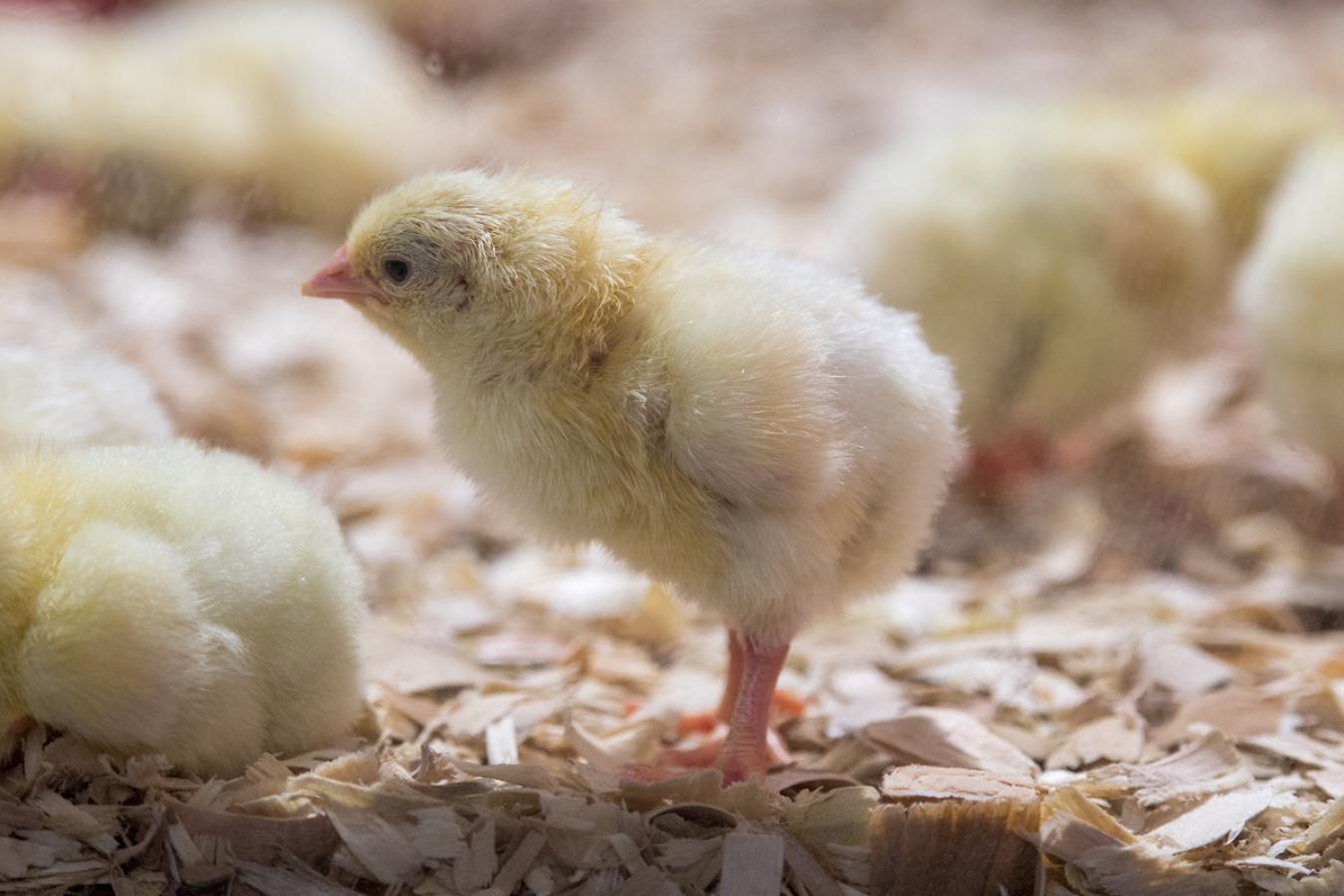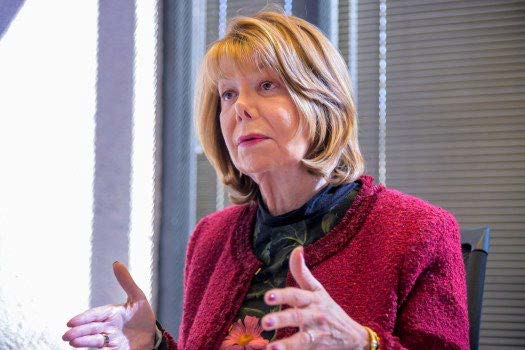Student Researcher at UM-IHC Analyzes the Link Between Food Deserts and Diabetes

Posted on UM-IHC’s LinkedIn, Adapted for the MPower website | September 10, 2025
Rozalina McCoy, MD, a faculty member at the University of Maryland Institute for Health Computing (UM-IHC), and Olohitare “Abby” Abaku, an undergraduate student at the University of Maryland School of Public Health, are investigating the relationship between food deserts and diabetes among Maryland residents.
Abby was one of more than 50 students who participated this past summer in the MPower-sponsored UM Scholars Summer research program.
Abby was mentored by Dr. McCoy at the University of Maryland School of Medicine, where McCoy is a faculty member, and the UM-IHC, where McCoy directs the Population Health Research Program.
Using UM-IHC’s advanced computing resources, Dr. McCoy and Abby ran statistical models to assess the link between limited food access and type 2 diabetes. Their findings will be used to inform individualized care plans and help health care professionals understand real-life challenges patients face.



